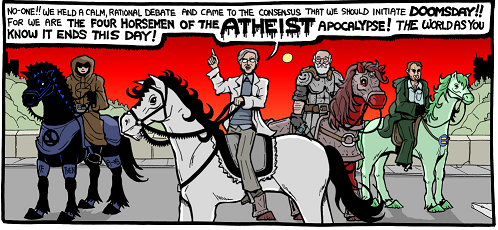I am not a news reporter, and I am assuming readers are already familiar with the general course of events.
You may have heard that Donald Trump failed to condemn Nazis in his speech on Saturday. I saw on Last Week Tonight that it was worse than that.
Reporters were actively shouting at him to make a statement condemning White supremacists. He goes to the podium as if to respond, but then says something unrelated.


